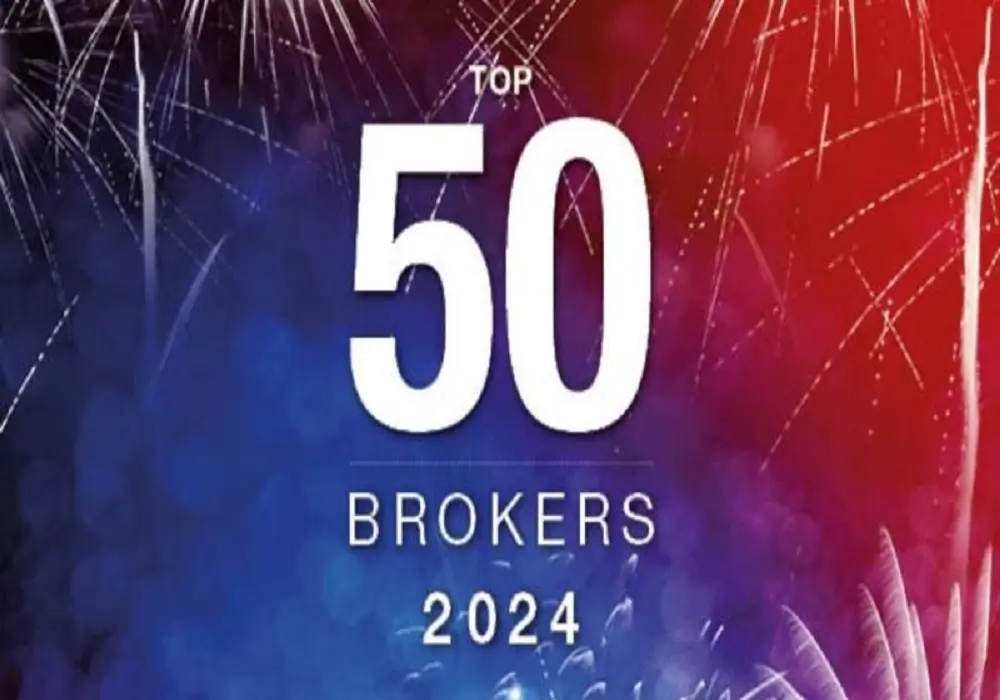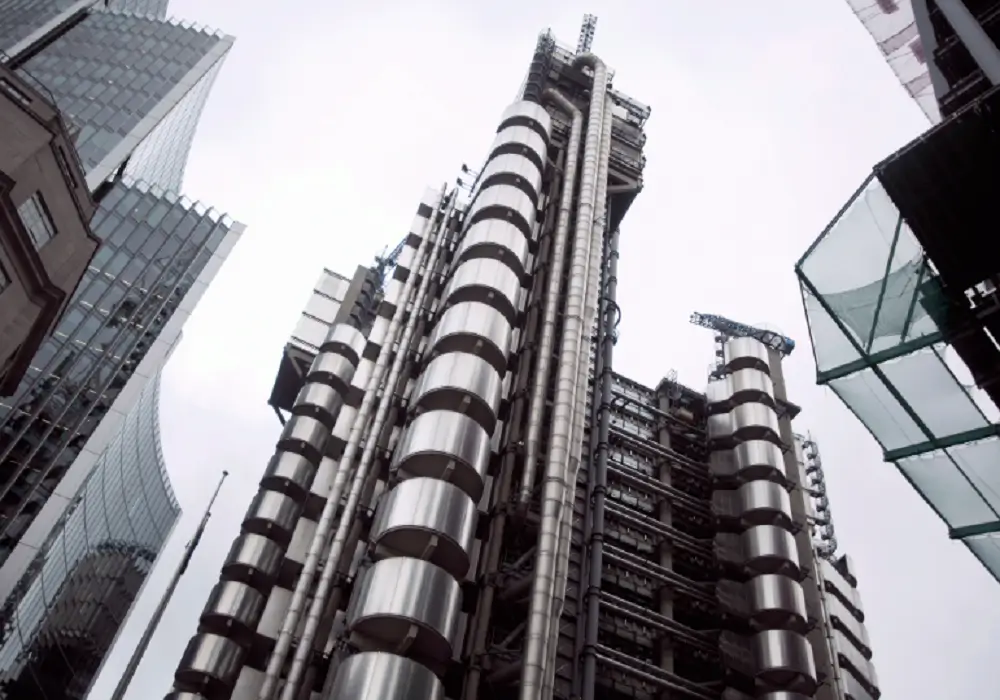In a bold move that has sent ripples across the insurance sector, Aviva has announced its acceptance of the proposal for the acquisition of Direct Line Group (DLG), a significant player in the UK insurance market. This acquisition, poised to reshape the competitive landscape of the industry, has quickly drawn the attention of the Competition and Markets Authority (CMA), tasked with ensuring that market competition remains fair and robust.
The merger’s approval is expected to face rigorous scrutiny, as stakeholders and regulators alike grapple with the potential shifts in market dynamics and the implications for consumers and competitors.
Aviva’s Strategic Leap
Aviva’s decision to acquire DLG is a strategic maneuver to consolidate its market position and broaden its customer base. By integrating DLG’s robust portfolio, Aviva aims to leverage synergies across products and services, enhancing value propositions for existing and potential customers. This acquisition underscores Aviva’s commitment to expanding its influence in the insurance sector, aligning with its vision for growth and innovation.
The acquisition is anticipated to provide Aviva with significant advantages, such as expanded distribution channels, increased brand equity, and enhanced operational efficiencies. Moreover, it fortifies Aviva’s stance in personal lines insurance, making it a dominant force in this sector.
Implications for Market Share
With the acquisition, Aviva’s market share is poised for a substantial increase, raising fundamental questions about the competitive equilibrium in the UK insurance industry. Currently, both Aviva and DLG hold significant individual shares in the sector, and their consolidation could result in an unprecedented market concentration.
Several industry analysts speculate that the merger could lead to Aviva commanding an even larger share, possibly surpassing key competitors and redefining the pecking order of the UK’s insurance landscape. This potential dominance has drawn concern from smaller firms and consumer advocacy groups, worried about reduced competition and the potential influence on pricing, customer choice, and innovation.
CMA’s Mandate and Market Fairness
In light of these developments, the CMA’s role becomes pivotal. The agency, known for its stringent examination of mergers that could harm consumers by reducing options, holds the mandate of protecting fair competition.
A comprehensive inquiry into whether the acquisition will lead to a substantial lessening of competition is expected. The CMA will explore various dimensions, including the impact on price, service quality, and innovation. Key stakeholders believe that the rigorous investigation will look into whether consumers could face higher premiums or a diminishment in service quality as market control centralizes.
Industry experts predict that the CMA will closely examine potential overlapping areas between Aviva and DLG’s product offerings to identify any risks of monopolistic behavior. Furthermore, ensuring that new entrants or smaller players can sustain their operations in a potentially transformed market will be a critical area of focus.
Navigating the Road Ahead
Aviva’s acceptance of the acquisition proposal signals confidence in navigating the anticipated regulatory hurdles. The company has acknowledged the significance of collaboration with the CMA, expressing a commitment to transparent dialogue to alleviate any antitrust concerns.
In anticipation of potential challenges, Aviva may be required to propose divestitures or behavioral commitments to secure regulatory approval. Such measures might include selling certain business units or providing assurances of maintaining competitive pricing strategies post-merger.
Simultaneously, consumer advocacy groups and industry bodies will likely intensify their lobbying efforts, urging the CMA to ensure that consumer interests are safeguarded. The incoming regulatory scrutiny underscores the growing importance of balancing corporate ambitions with market health and consumer welfare.
Sectoral Impact and Strategic Considerations
The acquisition, beyond changing competitive dynamics, is expected to accelerate trends in digital transformation and customer engagement within the insurance domain. With both Aviva and DLG invested in technology-driven solutions, the merger could catalyze the integration of cutting-edge insurance technologies, enhancing customer experience and operational efficiency.
For competitors, the merger poses a strategic impetus to revisit their market strategies. Insurers will likely intensify efforts to differentiate their offerings, innovate in product delivery, and explore strategic partnerships to maintain competitive edges.
Additionally, this development might catalyze further consolidation in the sector, as firms seek to bolster their market positions amidst the turbulence induced by Aviva’s ambitious expansion.
Conclusion
The unfolding saga of Aviva’s acquisition of DLG introduces a transformative juncture in the UK’s insurance market. As the CMA gears up to dissect the implications with a fine-tooth comb, the industry and consumers alike await the determinants of the merger’s fate.
While Aviva’s strategic mindset seeks to capitalize on growth opportunities and market evolution, the paramount task remains ensuring that the synergy benefits do not come at the cost of competitive fairness and consumer interests. The outcome of this merger will indeed mark a pivotal point, not only for Aviva and DLG but for the wider insurance landscape in the UK and beyond.












